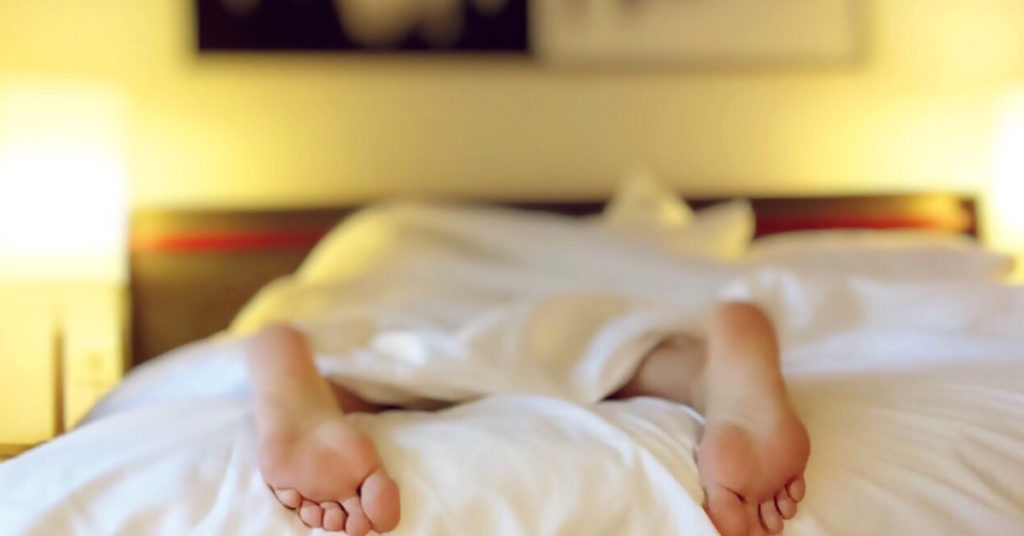Don’t Let Your Sleep Suffer from the Season Change
Fall is at our doorstep, and with it comes cooler nights, shorter days and less sunlight. Season, weather and temperature changes can affect your sleep, and not usually for the better.

Here are some things to know to help you sleep better at night this fall:
Cooler air helps you sleep better. Temperature is important when trying to sleep and get your circadian rhythms aligned. As your body prepares to get drowsy and fall to sleep, your internal temperature dips slightly and stays lower until a few hours before the time you wake up. Cooler ambient air supports your body’s natural deep sleep process, while hot, humid air can prevent your body from settling into deep sleep. The ideal room temperature for rest is between 60–70 degrees. The cooler outdoor air that comes naturally with fall helps you sleep better at night, so throw open those windows before getting into bed.
Sunlight — or lack thereof — affects sleep. As the days get shorter and we begin to see less sunlight this time of year, you may fall short on Vitamin D. Sunlight is our main source of Vitamin D, which is important for bones and muscles. It also helps produce serotonin, which is critical for your sleep-wake cycles. Research has found that low Vitamin D levels also can make you drowsy in the daytime. In addition, changes in light-dark cycles can influence when your body releases melatonin, making you feel tired earlier or later than normal.
So if you work inside year round, make sure to spend a few minutes in the sun when possible. Purdue University research found that people with fair skin need 9 minutes of sun each day to absorb 2000 units of Vitamin D, while those with medium skin need 16, and those with dark skin need 38 minutes. A different study revealed that office workers who sat near windows received higher white light exposure and slept better than those who didn’t have any windows nearby. Just how important is light? A condition called Seasonal Affective Disorder (SAD) can occur when a person doesn’t get enough light. It causes depression, low energy levels and tiredness. Research also links SAD with reduced sleep efficiency and less slow-wave sleep.
Seasonal allergies wreak havoc on sleep. Depending on where you live, each new season can bring new or renewed allergies, from tree and grass pollen in spring to ragweed in the fall. The symptoms — stuffy nose, itchy eyes, sneezing and irritated eyes — can keep you up all night. If you think you’re helping by taking antihistamines, maybe not. While antihistamines tend to cause initial drowsiness, they may actually impair overall sleep quality. Starting in Fall, we also see a spike in colds and flus, which can make sleeping uncomfortable or impossible. Using sanitizer to stay germ-free and a humidifier in your bedroom can help combat dry indoor air and give your sinuses some comfort will help.
If any of these problems cause you sleepless nights during the fall, try to do what you can to make things more comfortable so you can sleep better at night. You can’t change the weather, but you can keep bedrooms dark and cool, bedding comfortable, inside humidity moderate, and stick to a regular sleep-wake schedule to help support your natural circadian rhythms. And if you’re tossing and turning because Fall stressors are causing you to grind your teeth, try a dental guard from SleepRight to help protect your smile. Visit www.sleepright.com for more on selecting the best guard for you.



